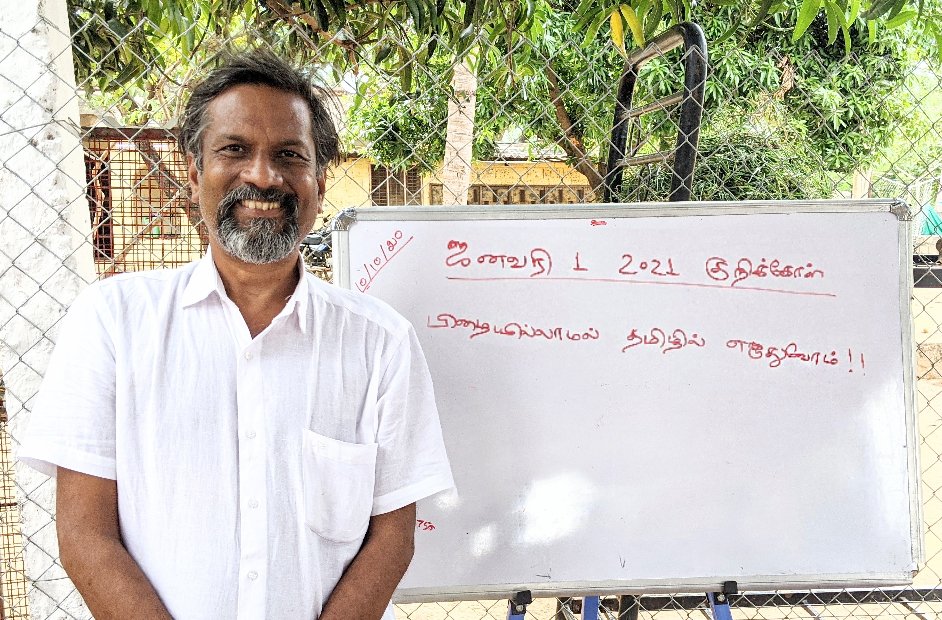
1/ Silicon valley used to have slogans like "we code for food" and "ramen profitability" - all before the Fed bubble era when billion dollar Series QE funding rounds became common.
It may surprise people that Google only raised ~$25 million VC in total and that was common then.
It may surprise people that Google only raised ~$25 million VC in total and that was common then.
2/ That old silicon valley experience is very relevant today for rural and small town India.
We have to roll up our sleeves and invent our way out of poverty and achieve "idli profitability" quickly.
That's the path to rapid capital development and durable prosperity.
We have to roll up our sleeves and invent our way out of poverty and achieve "idli profitability" quickly.
That's the path to rapid capital development and durable prosperity.
3/ The raw material is our youth that longs for an opportunity, the vast latent talent pool of India. The key initial investment is skill development, in a setting of real world projects as opposed to conventional college education.
That is the idea behind "we code for food".
That is the idea behind "we code for food".
4/ If you are a passionate and ambitious young entrepreneur, rural and small town India beckons. Figure out projects that put that hungry latent talent to work and enable them to learn by doing. Challenge yourself and your people to come up with better solutions.
Have faith🙏
Have faith🙏
• • •
Missing some Tweet in this thread? You can try to
force a refresh



